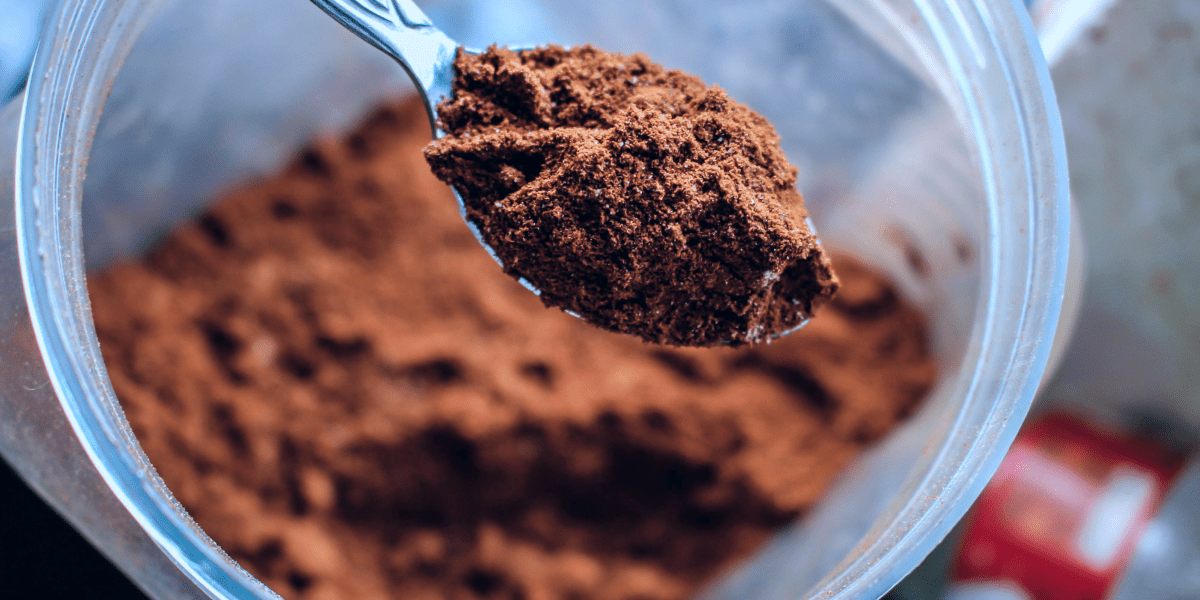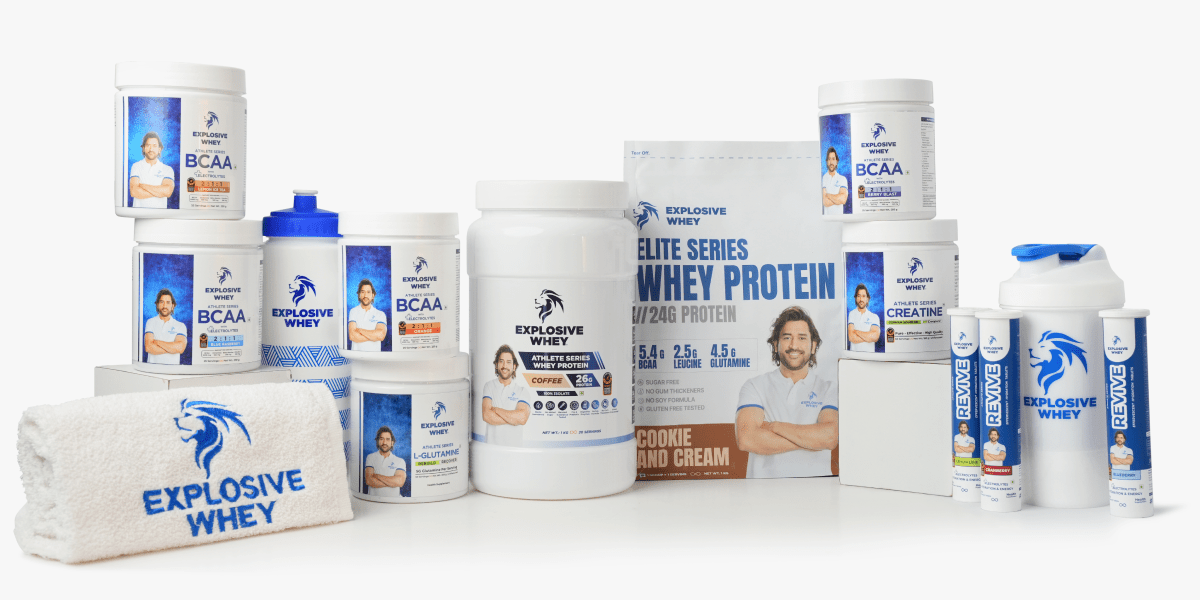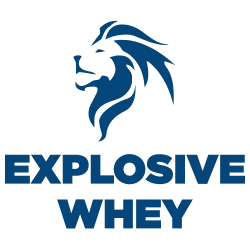Ensuring we eat well every day is like giving our bodies the right fuel to run smoothly. Just like a car needs good fuel to drive well, our bodies need the right nutrients to stay healthy and strong. Nutrition for athletes is very important to keep their performance up to the mark. Let's take a closer look at why daily nutrition is so important for our long-term wellness.
Optimizing Daily Nutrition for Long-Term Wellness

Ensuring we eat healthy is very important for our health. We need different types of nutritious foods to keep our body fit and healthy. Eating the right foods is very important for our long-term wellness. This blog will take you to the essential nutrients that our body needs for long-term wellness.
Essential Nutrients:
- Protein
- Carbohydrates
- Fats
- Vitamins
- Minerals
- Omega-3
- Water
Protein
Protein helps our muscles grow and repair themselves. It is a crucial element for the nutrition needs of our body. Make sure to include sources like lean meats, fish, beans, and nuts in your daily meals to get your protein fix and keep your muscles strong and sturdy.
Carbohydrates

Carbohydrates give energy to the body. Simple carbs offer quick energy. Opt for whole grains like brown rice, oats, and whole wheat bread, which release energy slowly and keep us feeling full and energized throughout the day.
Fats
Healthy fats help our brains work well and keep our skin and hair shiny and strong. Incorporate foods rich in healthy fats, such as avocados, nuts, seeds, and olive oil, into your diet to support brain function and maintain glowing skin. Including these healthy fats in your diet supports overall well-being and longevity.
Vitamins
Vitamins keep our bodies working smoothly, helping us fight against sickness and stay healthy. fruits and vegetables help to get a variety of vitamins, ensuring your body gets all the necessary vitamins. Consuming vitamins through a balanced diet that includes a variety of fruits, vegetables, whole grains, lean proteins, and healthy fats ensures optimal absorption and utilization by the body, promoting overall health and well-being.
Minerals
Minerals, like iron and calcium, are super important for our bones, teeth, and blood. Include foods like spinach, dairy products, and lean meats to ensure you're getting all the essential minerals your body craves for strong bones and a healthy blood supply.
Omega-3 fatty acids

Omega-3 healthy fats are really good for our hearts and brains, making them strong. Fatty fish like salmon, walnuts, and flax seeds keep your heart healthy and your brain sharp.
Water
Water helps to keep everything in our bodies moving smoothly. It's super important to drink plenty of water every day. Have a water bottle handy and sip throughout the day to stay hydrated and keep your body functioning at its best.
Importance of Daily Nutrition
Maintaining a balanced diet is key to optimal health, impacting energy levels and overall performance positively. Good nutrition also plays a vital role in disease prevention over the long term.
Factors Affecting Daily Nutrition
- Lifestyle Choices: It is heavily influenced by lifestyle choices, such as work schedules affecting meal times and fast-paced lifestyles.
- Individual Dietary Preferences: You need to decide your diet plan according to your lifestyle. Some people may follow specific diets like vegetarianism or keto, which can impact their nutrient intake.
- Health Conditions: such as allergies, intolerances, or chronic illnesses, can pose challenges to maintaining a balanced diet. These factors can require adjustments in food choices and meal planning strategies.
- Social Settings: When you're with friends or family, you might eat differently than when you're alone. Social events and traditions can also impact your food choices.
Monitoring and Adjusting Daily Nutrition

It's important to keep an eye on what we eat and make sure we're getting all the good stuff our bodies need. By paying attention to our food choices and adjusting as needed, we can ensure we're nourishing our bodies properly for optimal health and wellness.
Tracking Daily Nutrition Intake
For your daily nutrition diet, you need to monitor the following:
- Use food-tracking apps to keep track of what you eat throughout the day.
- Maintain a food journal where you write down everything you eat and drink.
- Follow your daily nutrition diet chart to ensure you're meeting your nutritional goals.
- Take note of portion sizes to understand how much you're eating.
- Pay attention to how your body feels after eating certain foods to identify any patterns or reactions.
These methods offer insights into macro and micronutrient consumption, aiding in identifying dietary deficiencies. Incorporating diverse, nutrient-dense foods such as fruits, vegetables, whole grains, lean proteins, and healthy fats is essential for meeting daily nutritional needs and promoting overall health.
For those seeking to enhance their nutrition, it is crucial to remain mindful of the quality and quantity of food consumed, as well as the individualized needs of their bodies. Embracing a balanced and diverse diet, coupled with regular monitoring and adjustments, can pave the way for a healthier lifestyle. By prioritizing nutrition, individuals can take proactive steps toward achieving sustained well-being.
All these Nutrition can also be taken in the form of supplements like Elite series Whey Protein, Elite series Omega-3 Fish Oil, Elite series Multivitamins, and Elite series BCAA.
FAQs
Q1) What is the protein-rich diet of cricketers?
Cricketers rely on lean meats like chicken and fish, plant-based sources such as beans and nuts, and dairy products like yogurt for muscle repair and sustained energy during matches and training.
Q2) Why is protein powder crucial for athletes?
Protein powder is crucial for athletes as it offers a convenient way to meet increased protein needs, aiding muscle repair, recovery, and strength during intense training sessions.
Q3) How does diet protein powder contribute to nutrition?
Diet protein powder contributes essential amino acids for muscle building, tissue repair, and overall health, catering to specific dietary preferences and goals.
Q4) What advantages come with incorporating protein powder into your diet?
Incorporating protein powder provides convenient preparation, aids muscle repair and growth, supports weight management goals, and offers versatility in recipes, making it a valuable addition to diets for athletes and individuals alike.










Leave a comment
This site is protected by hCaptcha and the hCaptcha Privacy Policy and Terms of Service apply.